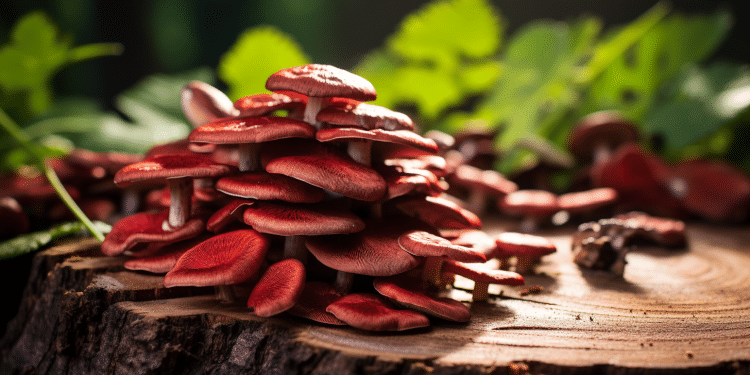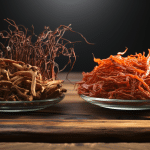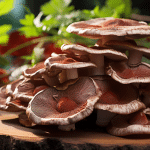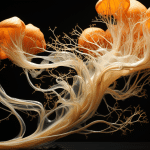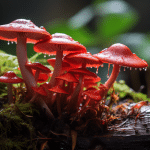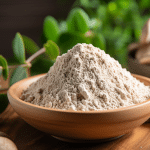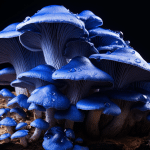Mushrooms have been used in traditional medicine for centuries, but are reishi mushrooms nootropic? More recently, they’ve gained popularity as a natural supplement. Reishi mushrooms, in particular, are touted for their health benefits, which include everything from boosting the immune system to reducing stress levels. But what about their nootropic potential? Are reishi mushrooms truly brain-boosting superfoods, or are their nootropic claims overblown?
To answer this question, we need to take a closer look at what nootropics are and how they work. Nootropics are substances that improve cognitive function, and they can come in many forms, from synthetic drugs to natural herbs and supplements. Generally speaking, nootropics work by modulating neurotransmitter levels in the brain, which results in improved communication between brain cells.
So, how do reishi mushrooms fit into this picture? Well, it’s thought that reishi mushrooms can increase levels of the neurotransmitter acetylcholine, which is involved in learning and memory. Reishi mushrooms are also a rich source of antioxidants, which are believed to protect the brain against damage from free radicals.
Overall, the evidence suggests that reishi mushrooms do have some nootropic potential. However, it’s important to keep in mind that more research is needed to confirm these effects. If you’re considering taking reishi mushrooms for their nootropic benefits, be sure to talk to your doctor first.
We recommend lion’s mane mushroom for the use of a nootropic over reishi, just due to the fact that lion’s mane is primarily known as a nootropic. But definitely test both and see which works best for you!
You can find our favorite capsules, powders, and tincture’s on the following pages of our website and learn more about each individually:
Best Reishi Mushroom Supplement
Best Reishi Mushroom Mushroom Gummies
Additional Resources:
Are Reishi Mushrooms Psychedelic?
Are there reishi mushroom look-alikes?
Updated 10/20/2022
